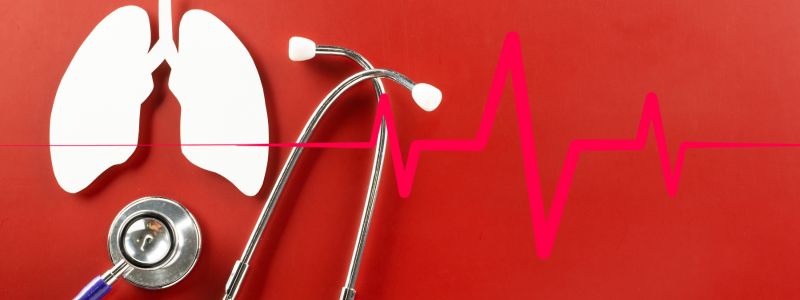High blood pressure, also known as hypertension, is a prevalent yet severe condition where the force of blood against your artery walls is consistently too high. Picture a river flowing with excessive force, eroding the riverbanks over time. Similarly, when your blood pressure is too high, it exerts undue pressure on your arteries, which can lead to serious health issues like heart disease, stroke, and kidney damage. However, it’s important to remember that high blood pressure is manageable, and with the proper steps, you can significantly reduce your risk of these health issues.
Blood pressure is measured using two numbers: systolic and diastolic. The systolic number (the top number) measures the pressure in your arteries when your heart beats. The diastolic (bottom number) measures the pressure in your arteries when your heart rests between beats. A regular blood pressure reading is usually around 120/80 mm Hg. High blood pressure is generally considered 140/90 mm Hg or higher.
High blood pressure often has no symptoms and is sometimes called the “silent killer.” However, you hold the key to staying ahead of it. Regularly checking your blood pressure, especially if you have risk factors such as a family history of hypertension, obesity, smoking, or a sedentary lifestyle, is crucial. Left unchecked, hypertension can damage your blood vessels, leading to a range of complications such as heart attacks, strokes, heart failure, and kidney disease. By monitoring your blood pressure, you can control your health and potentially prevent these complications.
Managing high blood pressure is well within your grasp and often involves making lifestyle changes. These changes can make a significant difference to your blood pressure. A nutritious diet, regular physical activity, maintaining a healthy weight, and moderating alcohol consumption are all steps you can take. The DASH (Dietary Approaches to Stop Hypertension) diet, a highly effective strategy for those with high blood pressure, promotes fruits, vegetables, whole grains, lean proteins, and low-fat dairy while reducing salt, sugar, and unhealthy fats. It’s a practical and informed solution for you.
While lifestyle changes are key to managing high blood pressure, medications can also play a crucial role. These medications work in various ways to lower blood pressure, such as relaxing blood vessels, reducing blood volume, or slowing the heartbeat. It’s important to take medications as prescribed and maintain regular follow-ups with your doctor to monitor their effectiveness and make any necessary adjustments.
Understanding and managing your blood pressure is crucial for maintaining your overall health. By making informed lifestyle choices and following medical advice, you can effectively control your blood pressure and reduce your risk of complications. Regular check-ups with your healthcare provider are important to monitor your condition and make any necessary changes to your treatment plan.
Feel free to reach out if you have any questions or need further information about hypertension.




